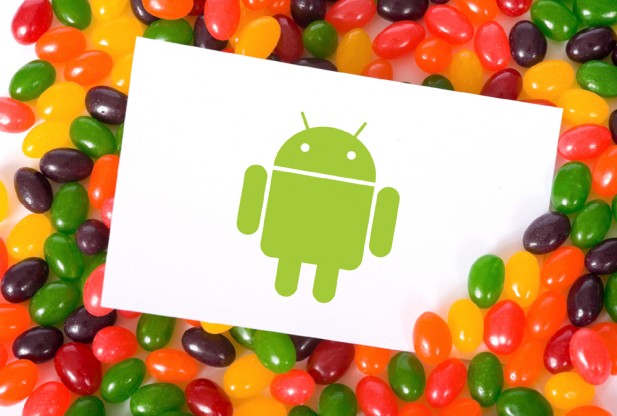Google’s Jelly Bean Voice-Recognition vs. Apple’s Siri

Apple and Samsung are mobile’s largest and most prominent companies. They both dominate the landscape heavily. Apple Inc., previously helmed by the innovator and businessman Steve Jobs, was the force behind highly iconic gadgets such as the iPod mp3 player, the iPhone, iPad and MacBook notebook computers. The South Korean Samsung Electronics, on the other hand, became a fierce contender in the smartphone market with the release of its Android-powered Galaxy series, while coming out with a tablet computer of their own in 2010 called the Samsung Galaxy Tab.

Know what I mean, jelly bean?
These two used to have a peaceful symbiotic relationship. Samsung was Apple’s number one supplier of memory chips and other electrical components that were used to manufacture some of the Apple company’s flagship gadgets such as iPhones and iPads. But now, the relationship has soured and these two tech behemoths are now battling an all out war against each other in various courts all over the world. The two companies have been at each others throats since April 2011, when Apple claimed that Samsung blatantly copied the iPhone’s and iPad’s design and incorporated these into their Samsung Galaxy Tab and Galaxy handset series. Samsung hit back with a lawsuit of their own, which they filed in three separate countries, claiming that Apple have committed patent infringement when it came out with features (example: the ability to tether a phone to other mobile devices) that are similar to those found in the Galaxy Tab and smartphone lines. Both sides have suffered wins and losses over the course of time. The Galaxy Tab was banned in Germany, while a US court have denied Apple’s motion to stop the sale of Samsung products in the United States. Recently, Apple has successfully requested an injunction against the release of Samsung’s Galaxy Nexus smartphone in the US.
These are not the end of Apple’s troubles. In 2011, they unveiled the iPhone 4S with a natural language-controlled personal assistant called the Siri, implemented into the iOS (Apple’s mobile OS). It was a very novel method of controlling a smartphone, and pundits have heaped praises on it. But the Siri now faces stiff competition with the release of the Android 4.1 Jelly Bean (an update to Google’s mobile OS which are featured prominently in Samsung’s line of smartphones). It has a voice recognition app that is totally reminiscent of the Siri. According to initial reviews, its performance is at par with the Siri’s too. Ouch.
With the influx of viable competitors such as Samsung and Google’s Android, only time will tell if Apple can maintain dominance in the mobile world. On a personal note, I wonder if the iPhone is really as cool as it once was?


